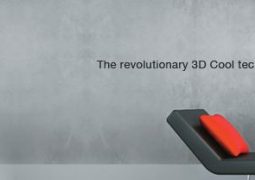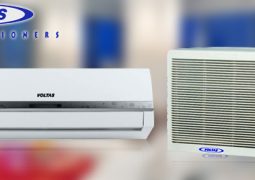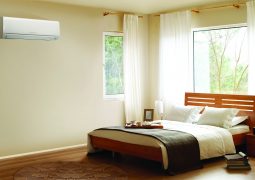Lenovo Is Arguably The Most Complete Consumer Electronics Brand In The World Today! [Analysis]
by April 27, 2015 2,071 views2
There are a few brands that can claim to be giants in the consumer electronics world, but is there a brand that deserves the epithet “the most complete consumer electronics brand in the world”? As technology continues to evolve at an unrelenting pace consumer electronics will surely have new product categories to look forward to, but as of today Lenovo seems to be the one brand that is poised to take over as the pre-eminent consumer electronics brand.
In the last 10 years Lenovo has made 3 acquisitions that are just as strategically important to their business as they are historically significant to the computer industry. When Lenovo bought IBM’s personal computer business in 2005, it acquired the most seasoned global sales channels and operations team in history. Lenovo then went on to acquire IBM’s Intel based server lines in 2014. Also in 2014, Lenovo acquired the iconic Motorola Mobility brand from Google. These 3 acquisitions ensured that Lenovo now had everything it needs to be a consumer electronics giant. The ball was now in Lenovo’s court.
Does Lenovo have what it takes to be the world’s pre-eminent consumer electronics brand?
The answer to that question is an emphatic yes. As of 4th quarter 2014, Lenovo is the world’s leading personal computer vendor with a market share of 19.2%. Not bad for a brand whose personal computer operations didn’t exist 10 years ago. Apart from its versatile THINK brand of computers, which it acquired from IBM, Lenovo also runs the highly successful IdeaPad and IdeaCentre brands in the laptop and desktop categories respectively.
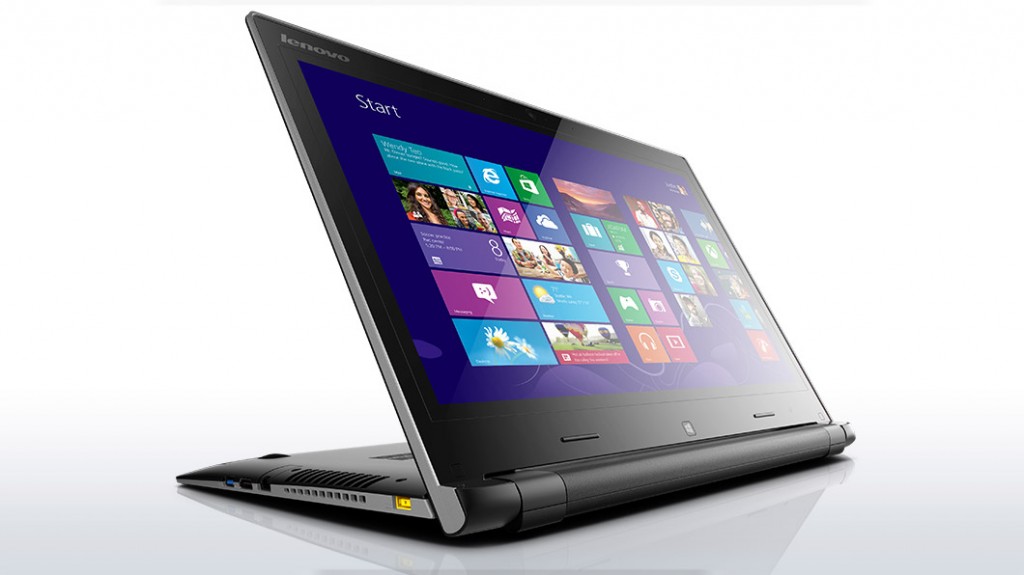
When it comes to Smartphones, with a market share of 7.4%, Lenovo Mobile currently ranks among the top 3 smartphone vendors in the world.
Lenovo Tablets took the fourth position in the worldwide tablet market share for 2014 with a 4.9% share. The Chinese giant missed the third spot by a whisker, trailing ASUS by a meagre 0.1%.
The only other brand that ranks in the top 5 list for all three markets – PC, smartphone, and tablet – is Apple. Currently there isn’t a third company that is even in the top 10 when it comes to market shares in these three lists. Most consumer electronics companies either do this or do that. They don’t, or can’t, do all three of these. At least not as successfully as Apple and Lenovo.
Lenovo is one of the most innovation-centric technology companies in the world
This statement is not an assumption, rather it’s an assertion. Lenovo doesn’t get as much credit for innovation as some of its contemporaries but a closer look at Lenovo’s business over the years reveals that Lenovo thrives on innovation.
Little is known about Lenovo’s iconic Tianxi brand outside China. In 1998, Lenovo ushered in a new era of computing for Chinese consumers by launching the Tianxi. The Tianxi was Lenovo’s gift to the Chinese Internet-enthusiasts. Apart from boasting of very decent specifications for its time, the Tianxi also offered a one-button web access to consumers with a year’s free Internet service, in partnership with China Telecom. This was unheard of in 1998. The Tianxi was directly responsible for the popularization of the Internet in China and by 2000 had become the best-selling computer in China’s history.
Around 12 months ago Lenovo’s CEO Yang Yuanqing was awarded the prestigious Edison Achievement Award for innovation by Edison Universe. He received the award alongside Tesla’s, Space X’s, and Solar City’s Elon Musk. Past recipients of this award included Apple’s Steve Jobs, Ford’s Alan Mulally, and Qualcomm’s Paul Jacobs. That is an extraordinary list to be part of and Mr. Yuanqing received it because innovation at Lenovo deserved it.
In 2013, Lenovo added a remarkable product to its IdeaCentre line – the IdeaCentre Horizon 27 – a table PC, the most powerful of its kind yet. I was among the lucky few who attended this product’s India launch event in September 2013 and to say that we were blown away by what the Horizon 27 brought to the table would be an understatement.
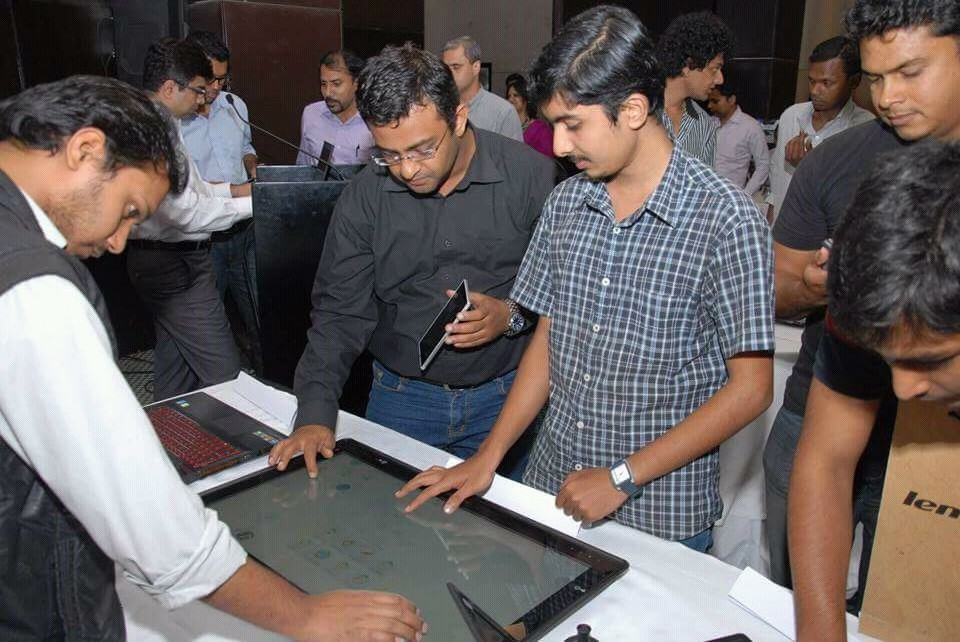
Lenovo is future-aware and invests time in strategy
All great consumer electronics companies are future-aware. They understand a market shift before it becomes a market trend. Lenovo has always been one such company. In 1993 the Chinese government eased up to the idea of western brands competing in the local market. Lenovo was ranked 26th out of 26 PC brands in China. By 1996, they were number one. Lenovo saw the opportunities that none of its local competitors saw. With the Tianxi Lenovo again saw the need for an Internet enabled PC market.
Lenovo also builds Smart Televisions. In fact its flagship product in this niche the S9 has the fastest CPU currently available in the market for any smart television.
Lenovo has been active in the wearable computing scene for a while now. The company sells a smartband called the Vibe Band. Also, through its Motorola acquisition Lenovo acquired Motorola’s experienced wearable team. Motorola currently sells the smartwatch Moto 360, further consolidating Lenovo’s foray into the current commercial wearable computing market. The company’s ever expanding portfolio of consumer products also includes set top boxes.
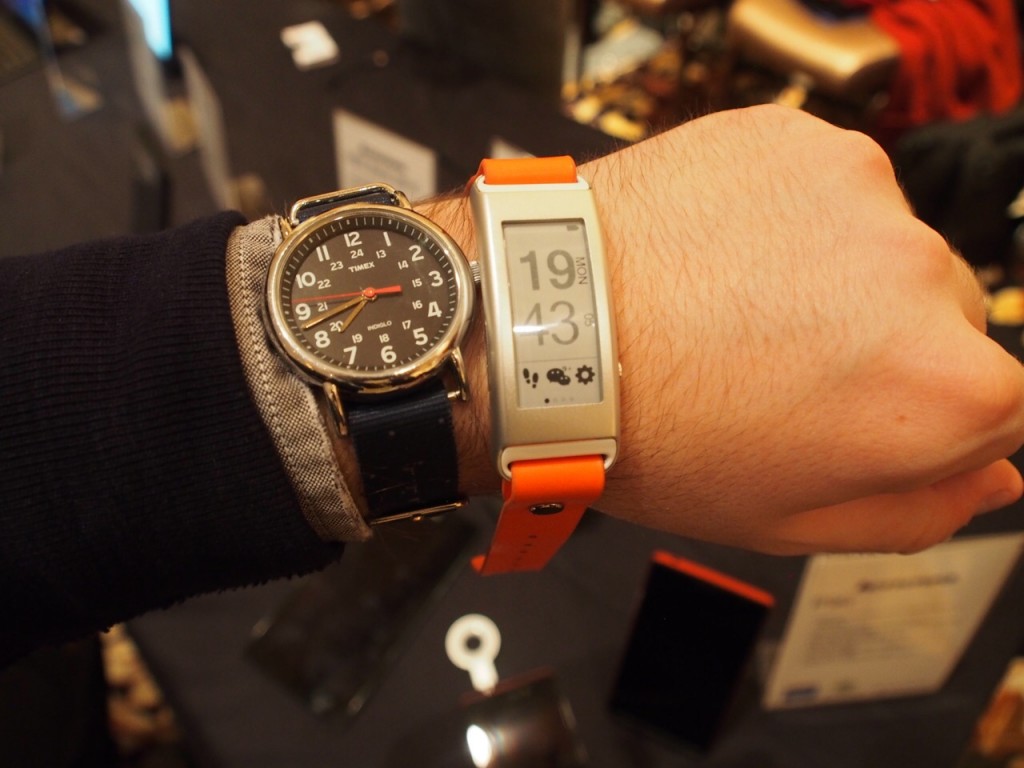
Truly, there is very little that Lenovo does not do, purely from a consumer electronics product perspective. I will let you be the judge of where Lenovo stands among the current crop of consumer electronic companies, but as far as it being arguably the most complete consumer electronics company of this era is concerned, leaving the argument open to discussion, I rest my case.


